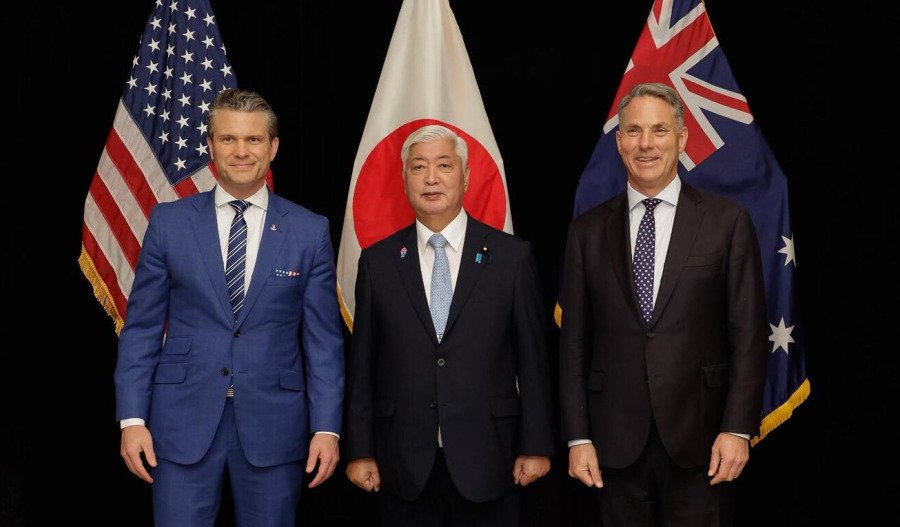United States President Donald Trump’s plans to double the current tariff rate of 25% on steel and aluminium are seen by Australia's Prime Minister Anthony Albanese as "an act of economic self-harm" with American consumers being the biggest casualties.
Albanese is by no means a lone-wolf when criticising Trump's latest tariff actions.
The European Commission was quick to describe his decision as furthering uncertainty in the global economy and increasing costs for consumers and businesses on both sides of the Atlantic.
"The EU is prepared to impose countermeasures, including in response to the latest U.S. tariff increase,” a European Commission spokesperson noted.
Meanwhile, Canada's Chamber of Commerce quickly denounced the tariff hike as antithetical to North American economic security.
"Unwinding the efficient, competitive and reliable cross-border supply chains like we have in steel and aluminium comes at a great cost to both countries," Candace Laing, president of the chamber, said in a statement.
Canada's United Steelworkers union called the move a direct attack on Canadian industries and workers.
Rare-earth export approvals
The decision to heighten the global trade war by doubling steel and aluminium levies by 50% follows fresh allegations by Trump that China is not playing ball when it comes to mutual trade agreements with the U.S.
As well as displaying reluctance to roll back tariffs, Trump has also accused China of dragging its heels on export approvals for rare earth materials – which some commentators have described as “slow-rolling” its compliance.
"We're going to bring it from 25% to 50% — the tariffs on steel into the United States of America, which will even further secure the steel industry in the United States," Trump said addressing a rally at a Pennsylvania Steelworks owned by Japan's Nippon Steel.
While prices will increase prices for U.S consumers, one immediate beneficiary was US steelmakers, including Cleveland Cliffs, which saw their share prices rally over 25% in after-hours trade.
Court action
Last Wednesday a three-judge panel of the U.S. Court of International Trade ruled that Trump overstepped his authority by invoking the 1977 International Emergency Economic Powers Act to declare a national emergency and impose taxes – or tariffs – on imports from all countries.
However, that hasn’t put an end to Trump's trade war, with the Court of Appeals for the Federal Circuit allowing him to temporarily continue collecting the tariffs - under emergency power laws – during an appeals process.
While the initial ruling covers Trump's country-specific tariffs, it doesn't affect his sector-specific taxes, including extra charges on steel and aluminium.
Meanwhile, at an Organisation for Economic Co-operation and Development (OECD) meeting in Paris, Australian Trade Minister Don Farrell intends to sit down with his US counterpart to push for the tariffs to be removed.



